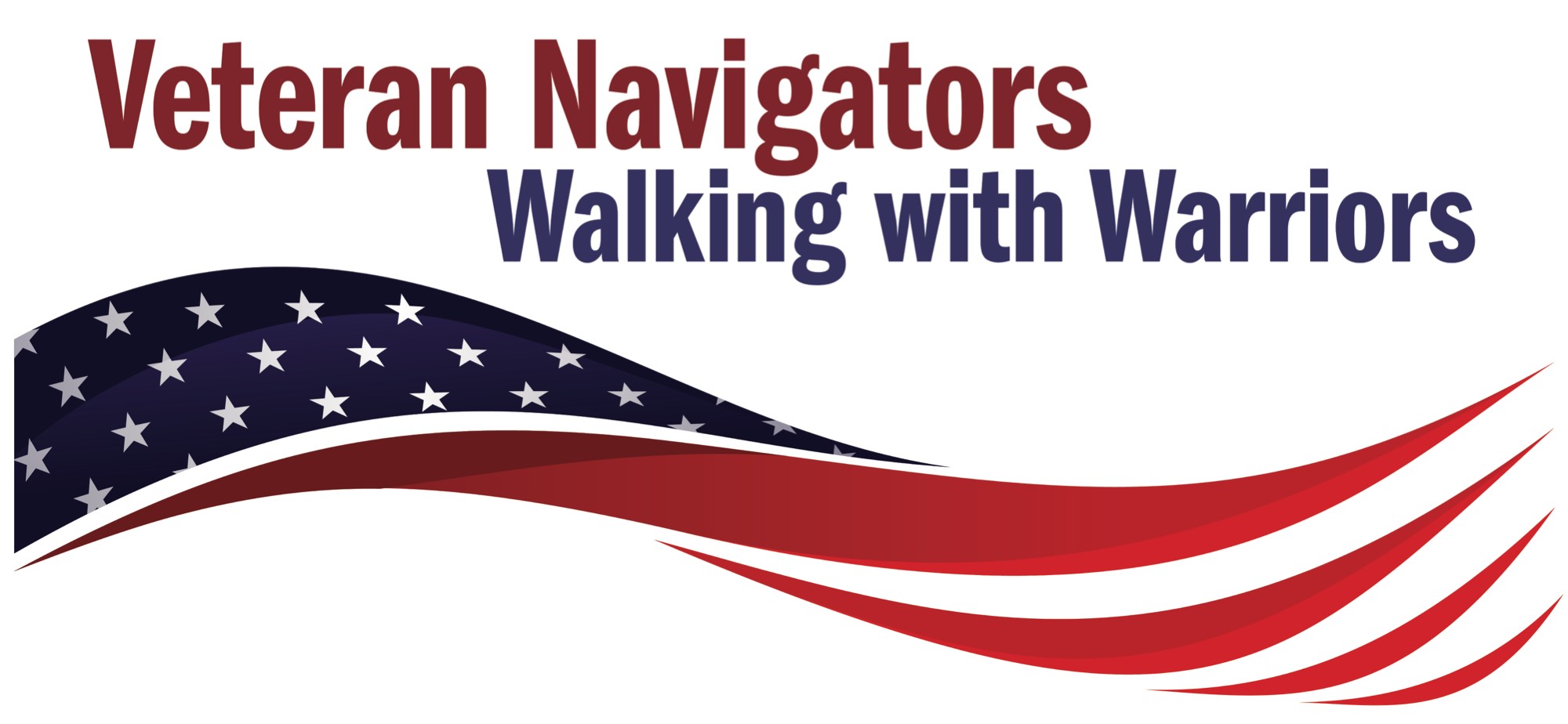There are over 600,000 Veterans across the state of Michigan, with 30,000 of them living here in the rural Upper Peninsula. When it comes to mental health struggles, it can be difficult to ask for help. This is especially true for the brave men and women who have served our country. Jason Wallner, Regional Veteran Navigator with NorthCare Network, helps Veterans navigate through different resources related to mental health and substance use disorders. Wallner is also an advocate for Veterans, military families, and current service members to connect them with additional community resources.
NorthCare Network is the regional prepaid in-patient health plan (PIHP) for the U.P. Their mission is to “ensure that every eligible recipient receives quality specialty mental health and substance use disorder services and supports through the responsible management of regional resources.”

After leaving the service, Veterans can experience a culture shock because they are isolated from their comrades. Many Veterans perceive asking for help as a sign of weakness, or feel as though they are taking resources away from a fellow former service member they deem more deserving.
An Army National Guard Veteran of 23 years, Wallner knows the systems available to Veterans well. After having struggled with PTSD following two deployments, Wallner actively works to break down the stigmas of mental health and substance use disorders. As a former company commander and part of the battalion staff, he emphasized that although they have fought and sacrificed for our country, Veterans are just humans who need help. “We are human too, we have our own struggles,” Wallner said. “Being a role model for others is important to me, especially when soldiers need someone to look toward when asking for help.”
Shortly after his service, Wallner worked with fellow service members who were having their own struggles with mental health, substance use, and other related disorders. As he attempted to navigate the system, he noticed there were some gaps in the services provided to Upper Peninsula Veterans.
With 10% of the U.P. population being current or former service members, many barriers stand in the way of getting the resources they need due to geography, weather, and accessibility, to name a few. Finding ways to break down these barriers is what Wallner strives to do for his fellow Veterans. The Veteran Navigator program focuses on getting individuals access to mental health and substance use disorder treatment as well as coordinating support in other areas.
The Navigator program was created about seven years ago and is now called Walking with Warriors Veteran Navigators. Before this program, the Office of Veterans Affairs (VA) was focusing on benefits and resources. With the Veteran Navigator program, VA services are embedded with individual community mental health systems in efforts to fill the gaps and become a safety net for Veterans.
The Navigator program has grown exponentially since the beginning. Currently there are 10 PIHP regional Navigators and a handful of county navigators with about 30 staff members. It has also grown in the available services offered. The program now offers faith-based services and women specific Veteran services. In addition to those new services, Tim Hunnicutt with Zero Day offers an outdoor wellness program to connect Veterans with the outdoors and remove barriers that may exist to these types of opportunities and resources.
The U.P. is isolated, an overarching barrier that precedes the other issues with resources that Veterans face. The location and distance to access resources makes it difficult for some Veterans to address and manage mental health, substance use, and other disorders. Bringing the resources to Veterans and increasing the surrounding community’s awareness of those resources is the first step toward getting Veterans what they need.
Aside from the physical barriers, there are emotional and psychological barriers Veterans create on their own. The transition from being part of a team to being independent comes as a shock and for ruggedly independent Vets, asking for help can be viewed as a sign of weakness. Some Veterans may have the mindset of “I don’t want that benefit, give it to someone else who is more deserving” but that is actually the opposite of how the VA system works.
“Our government allocates X amount of money annually for Veterans services and if we don’t use those funds, they may not reallocate the same amount the following year. If we utilize it and then some, they may increase those funds, helping more Veterans in the future,” said Jason. “Those who are eligible for VA benefits, we work hard to ensure they receive them so the federal government keeps funding those services. Those who say “I don’t want it, give it to somebody else,” that’s not the case – if you don’t take the benefits, they may not be available for someone else.”
A common misconception is that all Veterans are eligible for VA benefits. Not all Veterans have qualifying periods of services and some are not able to get the benefits, services, and treatments they need. The Veteran Navigator’s program partnered with Veteran Community Action Team (VCAT) and created a ‘No Wrong Door’ policy; if an individual goes to Wallner and they don’t need mental health or substance use disorder assistance, he will still help connect them to services that may provide assistance and support..
“I may not have the answer but I know people who do. I will work with them to access the resources they need.”
Veterans may see their primary care provider, and upon disclosing that they have served in the Armed Forces, some providers will immediately refer them to the VA. The problem is that if a primary care doctor tells a Veteran to go see the VA, they may find out they are not eligible for the resources they truly need. When an individual has the courage to ask for help and a door is slammed in their face, it’s not uncommon for them to give up. The NorthCare Navigator program is actively working to help eliminate the possibility of this happening to Veterans seeking assistance.
“The more we educate and communicate with Veterans, industry professionals, and community members; the more it helps to identify gaps and barriers and then focus on solutions”.
Wallner has noticed that even before becoming a part of the VCAT, Upper Peninsula Veterans have always been connected. “The U.P. has stood alone oftentimes, without support from Lansing or other resources, but Veteran support service providers came up with their own creative ways to get and stay connected and help each other out,” he said. “That’s the Yooper work ethic and that’s the culture up here.”
Wallner is also an active member in the Veterans of Foreign Wars (VFW), the American Legion and the American Veterans (AMVETS) – groups that have been around and have been chartered for decades – he encourages people to partner with those groups.
“They have the lobbying power and a stronger voice locally, statewide and nationally. They are more than happy to partner on events, programs, and resources. They are already established, the structure already exists, they just need more members and people to partner with them.”
If you or a loved one are in need of assistance and are a U.S. Veteran of any branch or if you are a volunteer looking to help; please reach out to Jason Wallner, Veteran Navigator, NorthCare Network by phone at (906)-936-6863 or by email at veterannavigator@northcarenetwork.org or visit their website.
If someone does not reside in the U.P. or knows a Veteran from across the State, Walking with Warriors will recommend a Navigator in your area as well as other resources.

---
The Northern Michigan University Center for Rural Health seeks to improve the health and well-being of Upper Peninsula residents and communities by developing collaborative partnerships that enhance the access and availability of affordable, quality healthcare services. For questions or comments related to this story, contact ruralhealth@nmu.edu.
